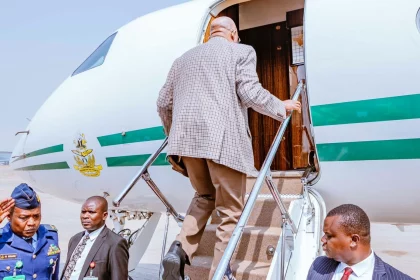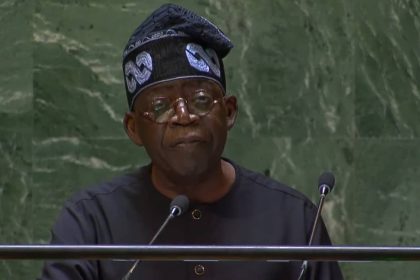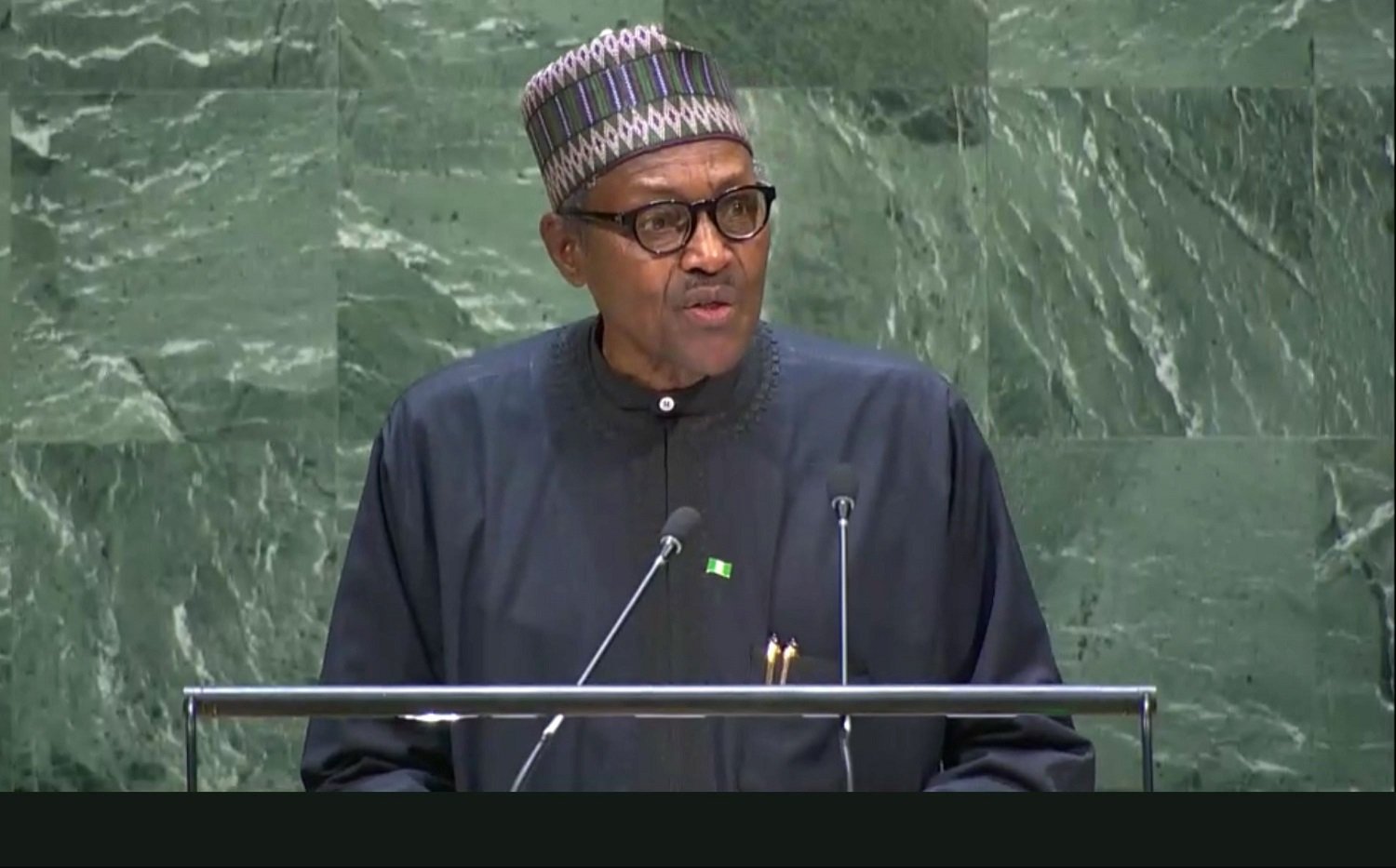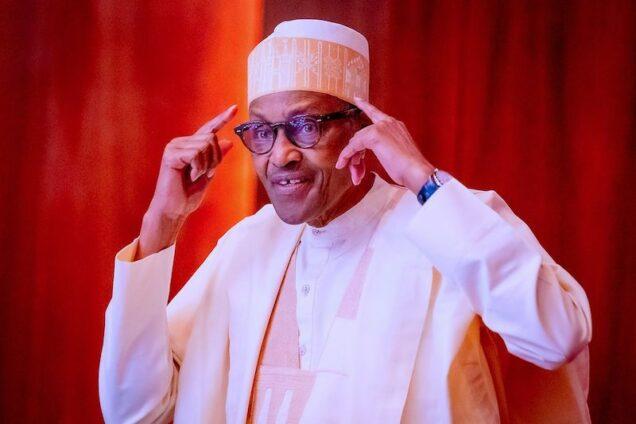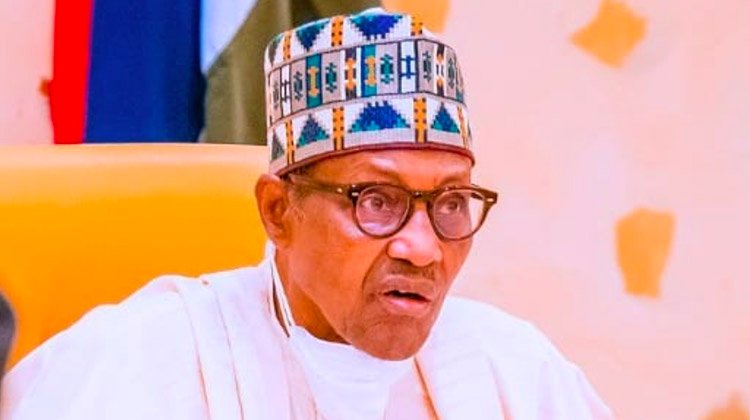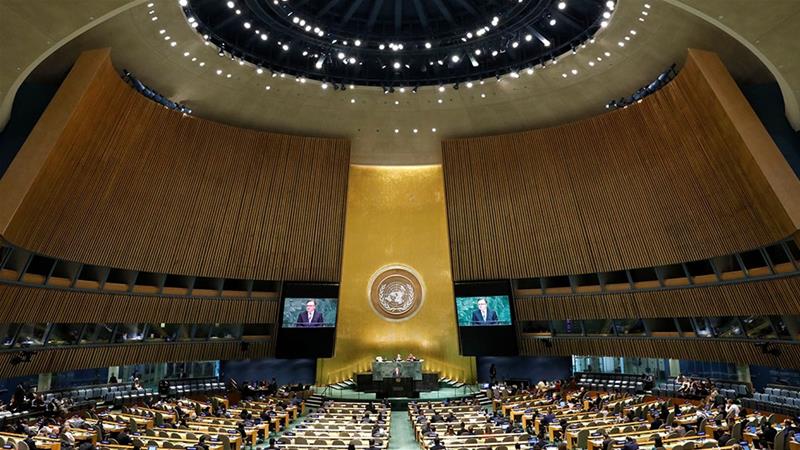ExxonMobil’s $10bn Deep-Water Investment Plan: Shettima’s big fish from UNGA
ExxonMobil's $10bn Deep-Water Investment Plan: Shettima's big fish from UNGA
78th UNGA: President Tinubu and his Defining Moment
78th UNGA: President Tinubu and his Defining Moment
UNGA 78: India proposes Africa representation as Security Council Member
UNGA 78: India proposes Africa representation as Security Council Member
Buhari’s speech at 77th session of UNGA in New York
STATEMENT BY HIS EXCELLENCY, MUHAMMADU BUHARI, PRESIDENT OF THE FEDERAL REPUBLIC OF…
No country can develop beyond the capacity of its educational system – Buhari
President Muhammadu Buhari has connected the level of a nation's development to…
UNGA president urges collective action to safeguard biodiversity, protect ecosystems
UN General Assembly president, Abdulla Shahid, has urged Member States to step…
UNGA President begins official visit to home country
Eniola Olorundare The President of the 76th session of the UN General…
Buhari’s speech at UNGA
President Buhari’s speech at UNGA76 on Friday ADDRESS BY HIS EXCELLENCY, MUHAMMADU…
UN General Assembly elects Foreign Minister of Maldives as President
The UN General Assembly, on Monday voted to elect the Foreign Minister…
We won’t allow corruption to continue unchecked – UN Assembly president
President of the UN General Assembly, Volkan Bozkir says the effect of…

